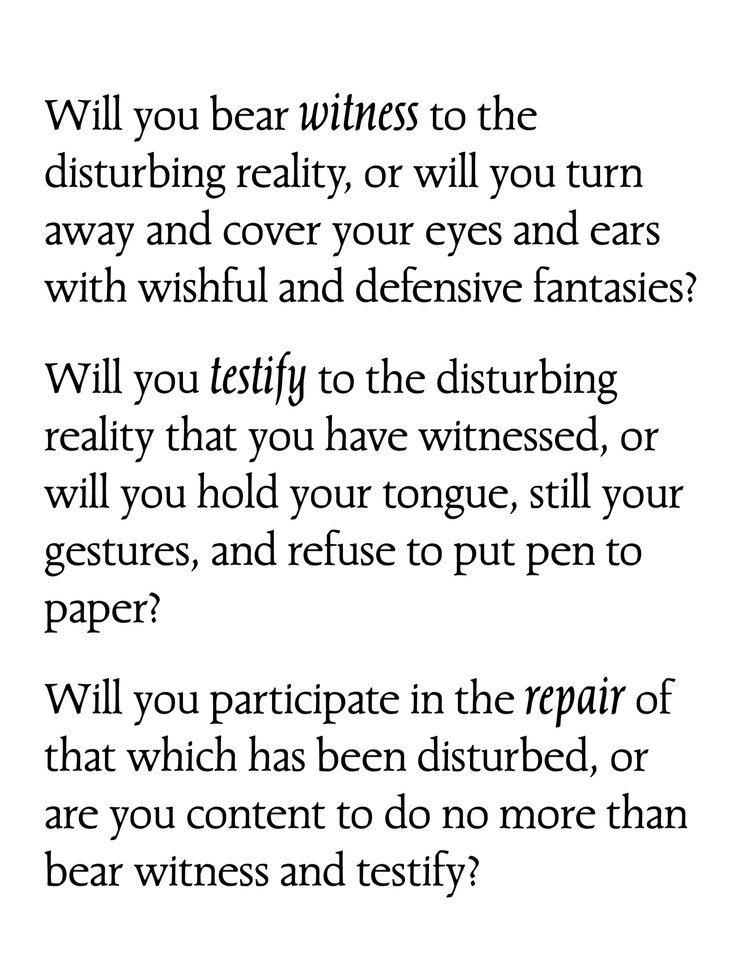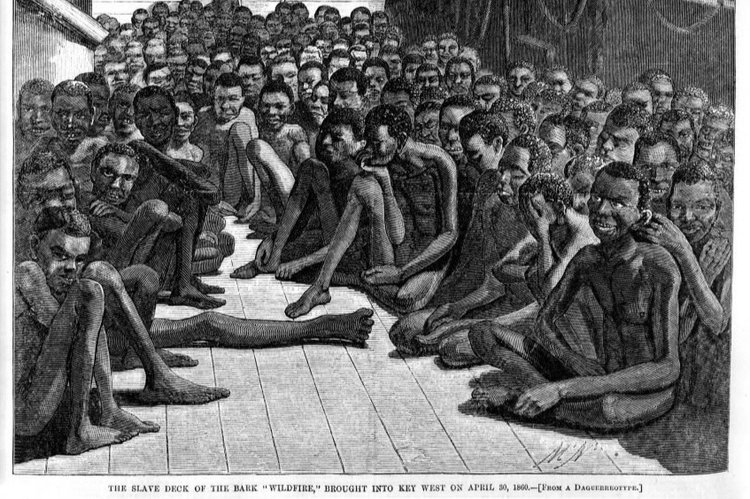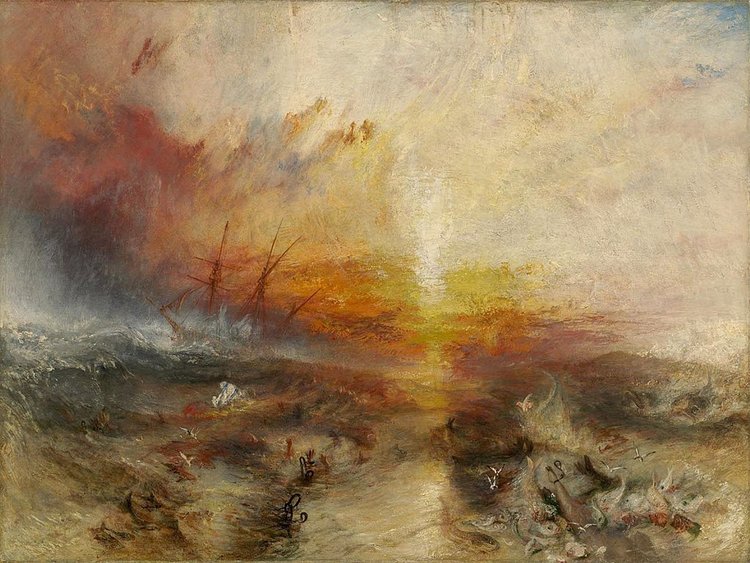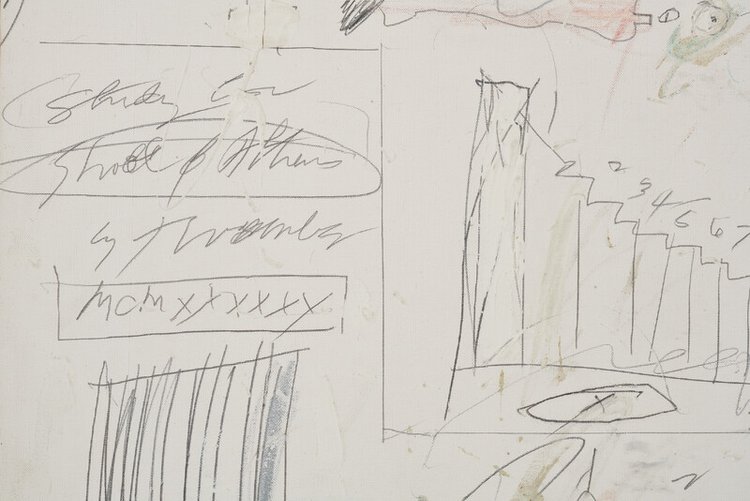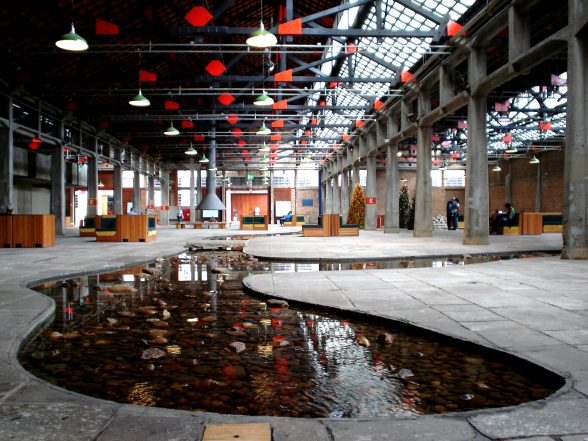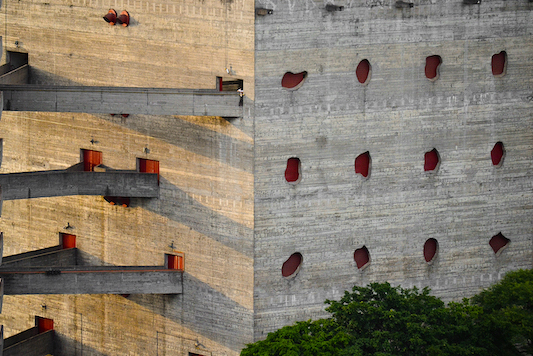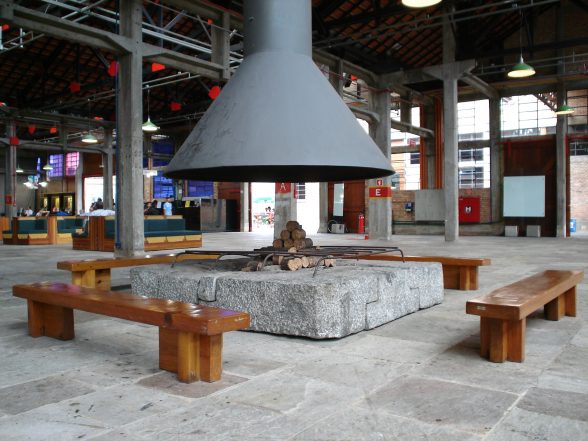|
What goes for the consumption of images also goes for the consumption of statistics, infographics, news reports, documentaries, films, etc. In light of this, one thing that I wondered was whether something like the Bechdel-Wallace test, which measures the representation of women in film and other fiction, could be constructed to measure representations of colonization and its wake.
Consider any piece of media, fictional or factual, that deals with wicked social, ecological, economic, and erotic problems and events that have taken place since 1452.
Did the piece thoughtfully mention or depict the disturbing realities of colonization and its wake/fallout? How? To what degree and extent? Were colonized people involved in its making behind the scenes? How? In what capacity? Were colonized people depicted or mentioned in any of the scenes? How many of them and in how many of the scenes? In what sorts of positions and postures relative to colonizers and their proxies? Were colonized people presented interacting with one another unobserved by colonizers? Did colonized people inform the mentions or depictions of colonization and its wake/fallout? Did colonized people only get to inform mentions and depictions of the horrors of colonization, or did they also get to inform mentions and depictions of transformative resistance and the persistence of peoples and places in spite of colonization?
Recognizing that consuming media does not amount to witnessing, and given that colonization and its wake are inescapable, we asked questions regarding how one goes about witnessing with our bodies in contact with the world around us and without necessarily knowing in advance what we are doing and to what end.
Sticking close to home, I considered witnessing how the demographics of a wealthy white neighborhood in an American city change during the day: parents go to work, school-age children go to class, and the neighborhood becomes, for a few hours, home to a majority Latin American migrant population of cleaners, gardeners, repairmen, construction workers, nannies etc.
Brian suggested making trips to places where people don’t normally go to bear witness and doing just that. He discussed his trips along the Mississipi Riverwhere he witnessed natural surroundings suffused with the aftermath of colonial trauma and racial exploitation.
Brian’s remarks on his trips along the Mississipi resonated with Nat’s remarks on the “vanishing isles of Sierra Leone”, and this brought us to some matters that I would like to concentrate on during our next session.
I, for one, felt as if our last session focused a great deal on Global Apartheid and left much to be said about Planetary Ecocide, and perhaps this was symptomatic of the difficulties of thinking through what Malcolm Ferdinand calls the double fracture at the heart of the modern tempest. It seems as if, on the one hand, there is a Global Apartheid defined by the colonial fracture instilled by Western colonization and imperialism that resulted in racial slavery and the domination of indigenous peoples and women in particular and, on the other, there is a Planetary Ecocide defined by an environmental fracture driven by a technocratic and capitalist civilization that led to the ongoing devastation of the Earth’s ecosystems and its human and non-human communities. In reality, however, these are two sides of the same cutting edge that has wounded our planet
During the next session I would like to pick up the conversation where we left off but to focus on the other side of the coin. In so doing, I am also hoping that, following, Q’s provocation, we may think about “remembering, recognizing, resisting, and repairing” as improvements upon the terms “witnessing, testifying, repairing”. Furthermore, following Deann’s provocations, I want to continue thinking about these terms as marking differences without separability. How might we accomplish acts of remembering, recognizing, resisting, and repairing (or, alternatively, witnessing, testifying, repairing) at one at the same time, in a single fluid gesture?
| 

